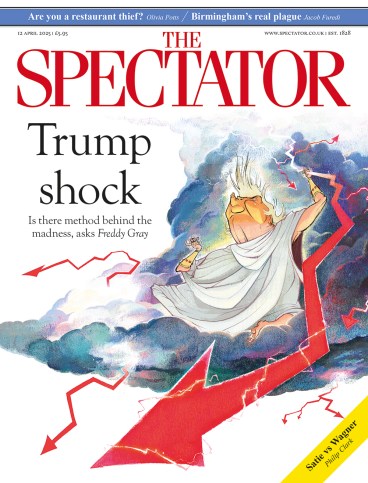
The launch of Radio 4’s Invisible Hands series has been both blessed and cursed by timing. It tells the story of Britain’s ‘free market revolution’, just as President Donald Trump overhauls the free trade consensus of the past 40 years and world leaders grapple with how to respond. The problem is the hypotheticals posed at the start of the first episode – that free market capitalism ‘might be in crisis’; that ‘the global free market might be under threat’ – are already out of date. It’s settled. Free trade is out, tariffs are in. Welcome to the trade wars.
The world could do worse than look to the ‘Invisible Hands’ for a solution to the crisis. This is the name of the small group of characters whose free-market convictions tore down Clement Attlee’s socialist vision for Britain and shaped the country into a world-leading example of capitalism in action. The series is told through the biographies of these men (and one notable lady) – individuals and moments that changed the course of economic history.
We see how the tragic death of a young soldier inspires a brother, Sir Antony Fisher, to continue the fight for freedom long after the second world war is over. Fisher, a poultry entrepreneur and veteran, establishes the Institute of Economic Affairs after reading and meeting Friedrich Hayek. The free-market scholar tells Fisher to expand and educate the ‘second-hand dealers in ideas’ – the journalists, commentators, intellectuals who ultimately shape nations. To engage with politicians, too.
Enter Keith Joseph (episode two: ‘The Mad Monk’) and Margaret Thatcher, who take those free-market teachings into the heart of government. The series makes them out to be the ‘weirdos and misfits’ of their day. It’s not completely unfair, nor is it an unkind telling of their stories. Their ideas were considered radical and idealist, until the public realised what they could achieve. And they took the fight to the public: Joseph squaring off with student Marxists, Thatcher’s government using page three to advertise the sale of BT shares when the company was privatised.
Countless histories of Britain’s free-market transformation end up being hit jobs. The first few episodes of Invisible Hands suggest the series is not one of them. This is no great surprise. The host, journalist and broadcaster David Dimbleby, did not become a national treasure by picking sides.
Of course, there are moments of editorialising. Joseph is called a ‘fully paid-up member of Fisher’s cult’, and Thatcher is described as ‘singing from the Keith Joseph hymn book’. It’s a strange way to describe belief in a system that has never relied on myth to make its case (it’s not the free traders that insist ‘real capitalism has never been tried’).
But on the whole the first episodes are balanced. The third episode, ‘Selling the Silver’, starts with all the legitimate gripes that people today have with critical services run by private companies: rising energy costs, dirty rivers, cancelled trains. Then we go back to the mid to late 1970s, when the state ran those services ‘supposedly for us’ – and ran them into the ground.
Dimbleby recounts his own, miserable experience of trying to install a phone line in his home. It’s not the only time we are presented with the Dimbleby of years past. We hear the former Question Time presenter as a young reporter, talking on BBC’s Nationwide about the oil shortages in the 1970s. We hear parts of his interview on Panorama with Joseph in 1975 (Joseph was so nervous about selling the free-market message, Dimbleby says, he was sick before the show).
Invisible Hands is a genuine history lesson – well researched, impeccably produced. It does not moralise, or tell its listeners what to think – not yet, anyway. Just one curiosity stands out. For a series dedicated to tracking the rise of ‘free markets’ in Britain and throughout the West, the term is never properly defined. It remains an elusive, almost magical concept: a faceless magician conjuring up some prosperity spell.
‘Free market capitalism,’ our host says at one point, ‘is the theory that the best way to run our economy is not through government control, but instead, by handing power to the free market.’
The word that should replace the repeated phrase is ‘people’. It’s countless people whose free will and choices make up a strong economy.
Ironically, the ‘Invisible Hands’ in this podcast are the politicians and intellectuals calling the shots. But the metaphor comes from Adam Smith who used the phrase in the 1700s to make the opposite case: that individuals, not central planners, uplift societies and economies.
That is what Trump and his tariffs are up against: not just gut instinct but centuries of evidence. History isn’t on his side.
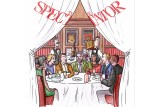

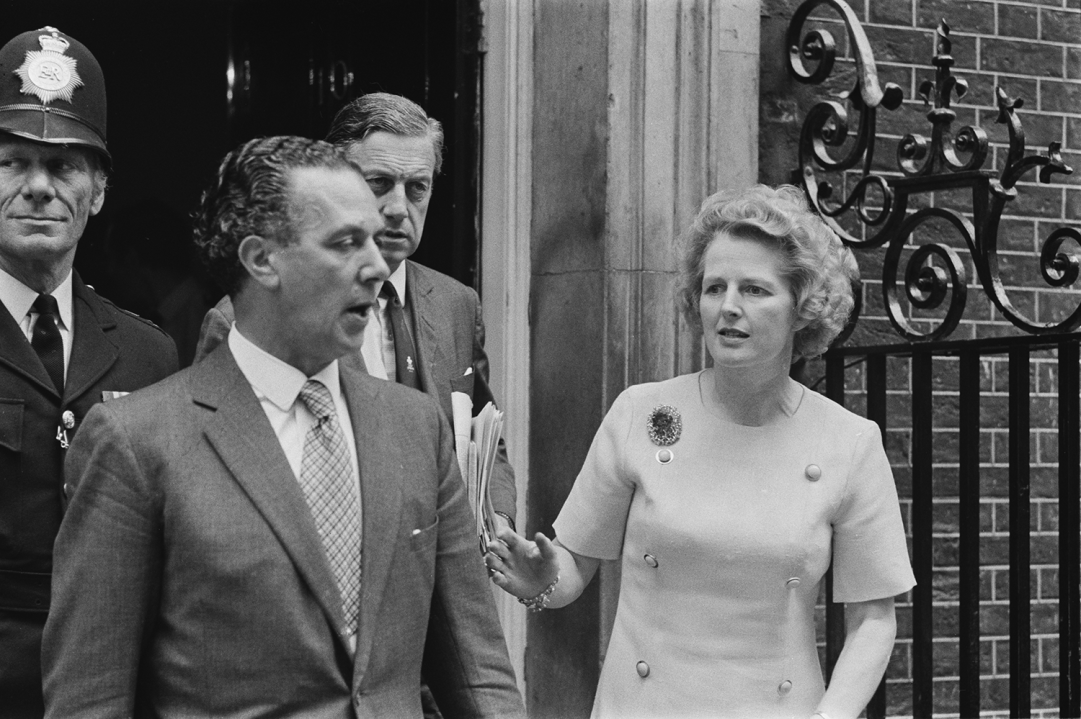
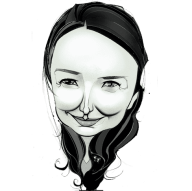
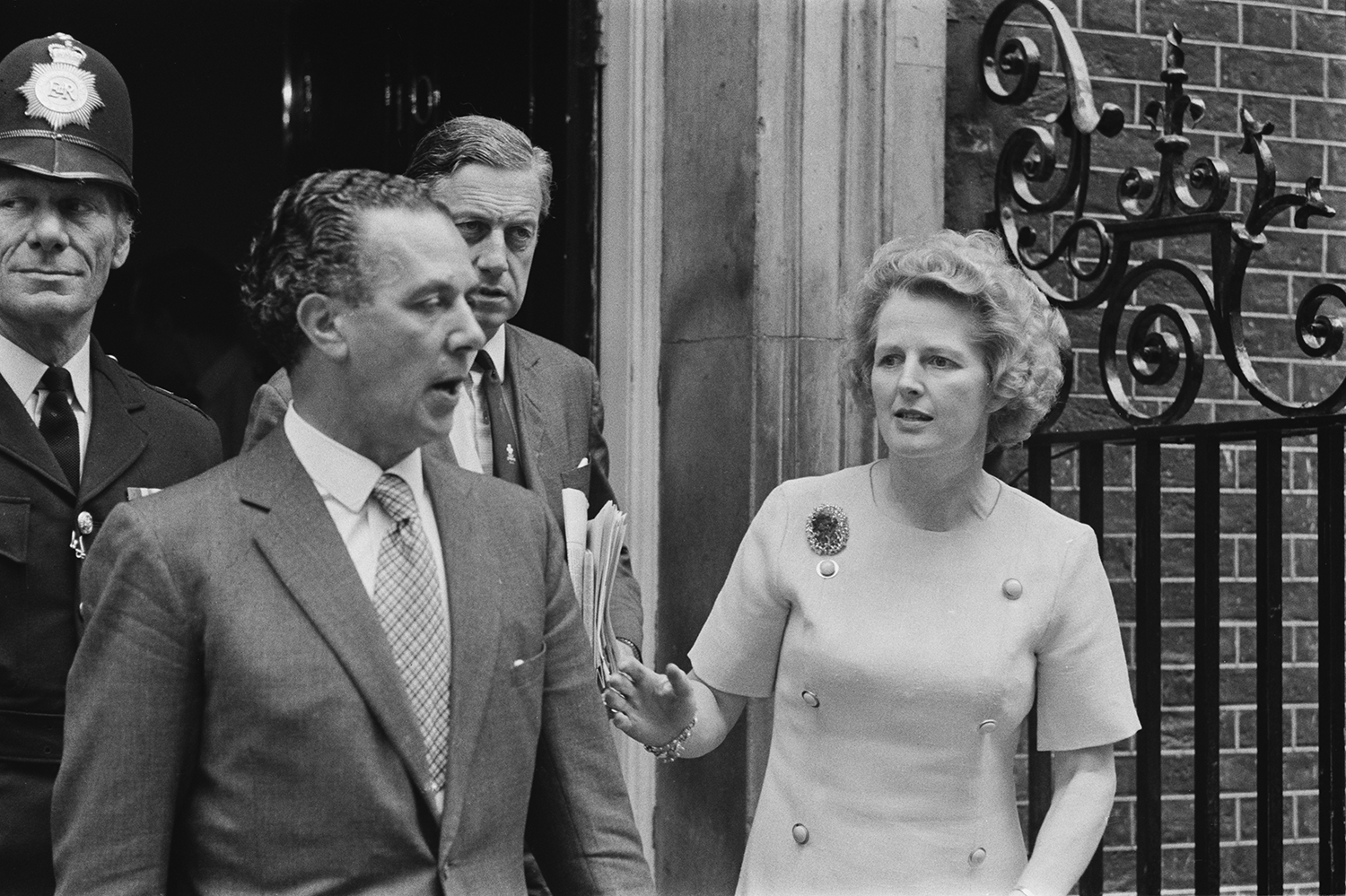



Comments